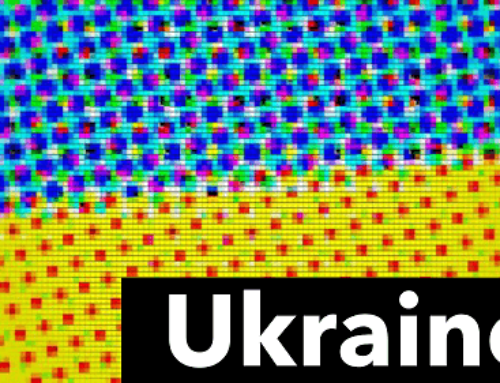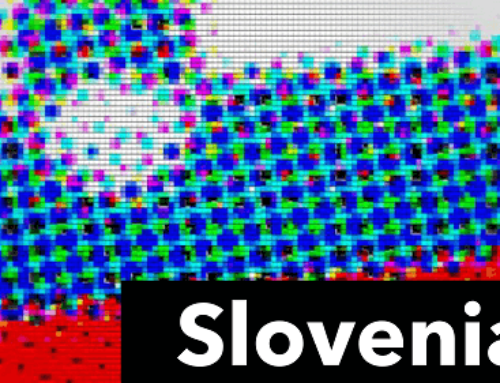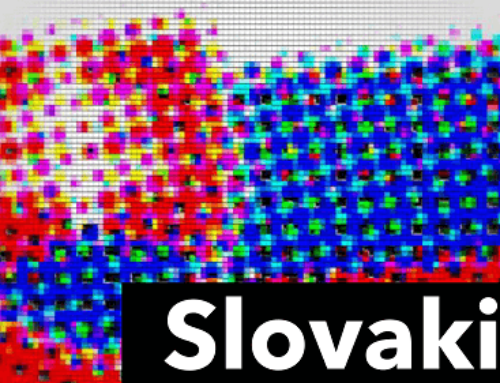Belarus is considered the so-called last dictatorship in Europe today. The country situated in the north-east of Europe with 9,4 million inhabitants is repeatedly the focus of public attention due to the suppression of opposing parties, the control of the mass media and drastic restrictions against the freedom of speech, assembly and Association. [1]
History
Belarus has been part of the Soviet Union since its foundation in 1922. After the fall of the Soviets in 1991, Belarus existed as an independent communis country. Independence movements like in other Baltic states didn’t exist here; ex-soviet functionaries centered the power; economic and political improvements failed to materialize. Since 1994, Alexander Lukashenka has ruled the country as a dictatorial republic with a state-directed economy. [2]
Current politics in Belarus
The constitution of 1994 states Belarus as a presidential system with an obligation of neutrality. In 1996 the first constitutional amendment was made, which provided more legislative rights to the president and almost completely abolished the separation of powers. Another amendment followed in 2004, which no longer limited presidential terms.
In general, the president must ensure national security and guarantee the conduct of domestic and foreign policies. However, President Lukashenka has primarily attracted attention with the violent suppression of the opposition (death penalty for opposing candidates) and protests. The parliament consists of two chambers: the House of Representatives with a total of 110 MPs and the Council of the Republic which officiates as a territorial representation. The parliament’s tenure is limited to four years. Since the constitutional amendment in 2004, powers of the House of Representatives have been limited: there is no more control over the president and no influence on the President’s appointment or enactment of government. The government is formed by the Council of Ministers, which consists of the Prime Minister (+ his deputy), the ministers, the presidential administration and of the chairman of the state committees. [3]
Economic development & International Relations
The currency is the Belarusian ruble since 1992. To this day, the country is governed by a state-directed economy with Russia acting as the most important trading partner alongside Ukraine and the USA. In general, there remains a strong economic and historical dependency on neighboring Russia (Russian is also the second official language). In addition, the country maintains important relations for transit traffic with other neighboring countries such as Lithuania, Latvia and Poland. [4]
The EAEU – Eurasian Economic Union – has existed since 2015 and is chaired by Belarus. The country is also a member of the Collective Security Treaty Organization (CSTO) military organization, which is led by Russia. [5]
On the other hand, the EU repeatedly comes into conflict with the country due to the strong restriction of the rights of the population, which is why sanctions packages are passed on a regular basis. That’s why Belarus is the only European country not to be a member of the Council of Europe. [6]
Christine Tapler





